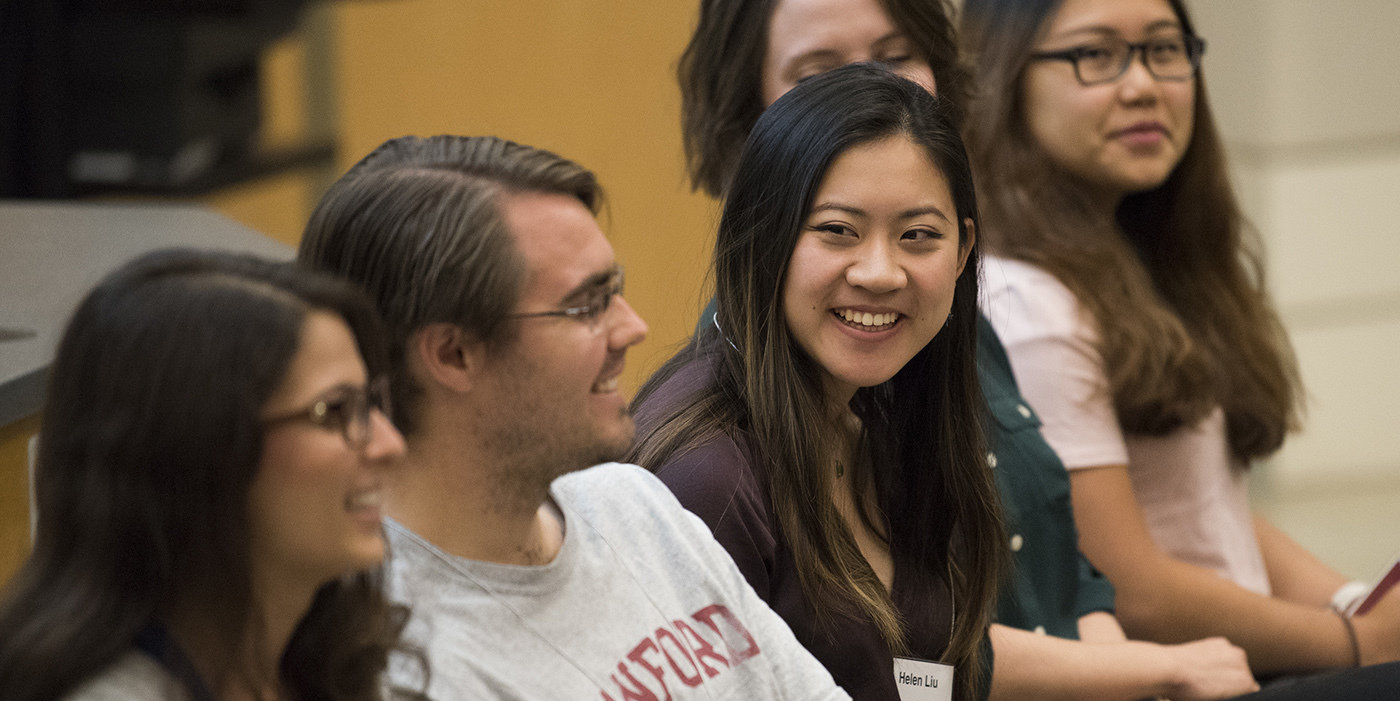Course Design Institute for Graduate Students and Postdoctoral Scholars
The mission of GradCDI is to provide graduate students and postdoctoral scholars with the opportunity to design a course plan and draft syllabus using evidence-based and equity-minded frameworks. In GradCDI, you will focus on justice-oriented course design principles that promote an inclusive classroom for students of all backgrounds in higher education. There is no prerequisite for this intensive learning experience.
GradCDI will take place in spring 2025.

GradCDI description
In this program you will build or revise a course plan and syllabus draft using evidence-based frameworks. This is also an opportunity to interrogate your own implicit understandings of learning and teaching and potentially develop new or additional ones. Course design is a chance to reflect on our values and assumptions about teaching, learning, the function of education in society, our students, and ourselves.
Here’s what past participants have to say about GradCDI:
- “This is an incredible opportunity to travel into the world of re-imaging how classes in higher education can be taught. You will learn about several big-picture concepts and also lots of practical tips that can be incorporated into the classroom. Well worth your time.”
- “I WILL tell my peers that if they are vaguely interested in teaching, or if they are planning for an academic career, they HAVE to take this course. Really. It's so important, I feel it should be basically a requirement for anyone planning to teach.”
- “I made a lot of progress on developing my course, left with many more questions and topics I wanted to explore, and got renewed excitement about teaching and course design because going on this journey with a community makes it much less overwhelming.”
Sample schedule for GradCDI
Day 1: Dreaming Big: Conceptualizing Your Course
- Welcome and Introduction
- Dismantling Carceral Logics in Higher Education
- Culturally Sustaining Pedagogy
- Learning Goals
Day 2: Readings, Sources, Class Materials
- Black Feminism: Reimagining Who We Cite in Courses
- The Narrative Arc of a Course: Syllabus Design as Storytelling
- The Myth of Meritocracy: Transforming How We Measure Learning in Higher Education
Day 3: Assignments/Assessments and Accessibility
- Rethinking assessments and assignments
- What assignment formats would be inclusive of different ways of knowing?
Day 4: Grading and Evaluation
- Reimagining Grading & Evaluation
- Syllabi as Living Documents